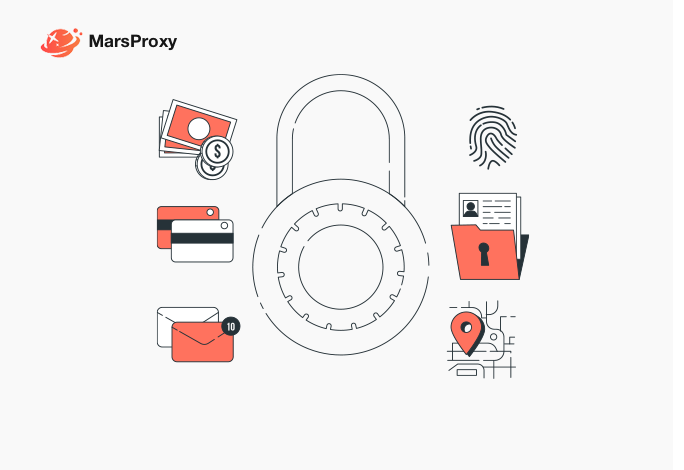- Location: Proxies located in different countries or regions often have varying costs. Prime locations with high-speed internet connections typically command higher prices.
- Speed: High-speed proxies, capable of handling large amounts of data quickly, are generally more expensive than slower ones.
- Type of Proxy:
- Number of IPs: The more IP addresses included in a proxy package, the higher the cost.
- Bandwidth: The amount of data that can be transferred through the proxy per month is a significant factor in pricing.
- Features: Additional features like rotating IPs, unlimited bandwidth, and customer support can increase the cost.
Pricing Models
Proxy servers are typically priced based on the following models:
- Pay-per-use: You pay for the amount of data you use.
- Subscription-based: You pay a fixed monthly or annual fee for unlimited or capped usage.
- Bundled packages: Providers offer packages that include multiple features and a certain number of IPs at a discounted rate.
Tips for Choosing the Right Proxy Server
- Identify Your Needs: Determine the specific features and performance requirements you need.
- Compare Providers: Research different providers and compare their pricing, features, and customer support.
- Read Reviews: Check online reviews to get feedback from other users.
- Consider Your Budget: Set a budget and stick to it.
Conclusion
The cost of a proxy server can vary widely depending on your specific requirements. By understanding the factors that influence pricing and carefully evaluating your options, you can choose a proxy server that offers the best value for your money.
 Mars proxy
Mars proxy
 Mars proxy
Mars proxy
